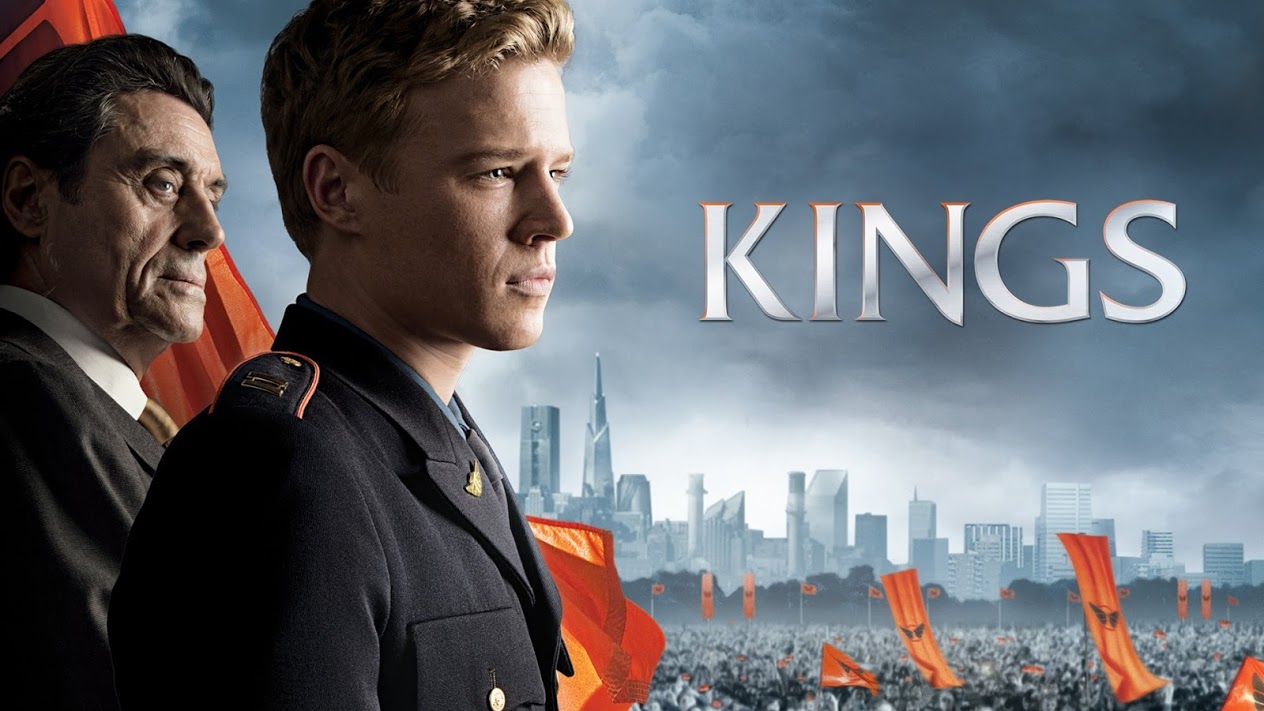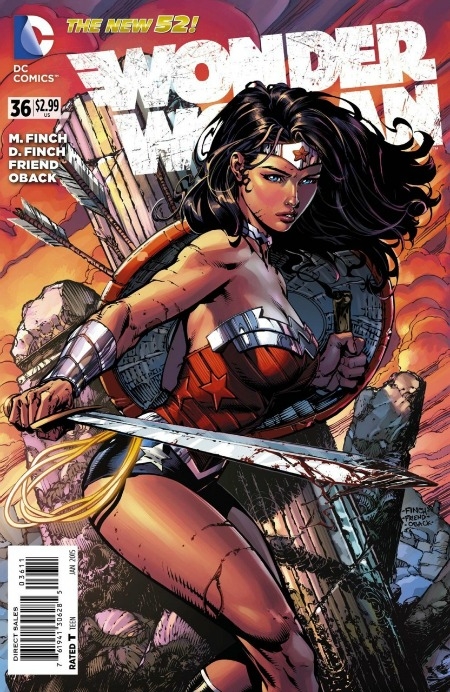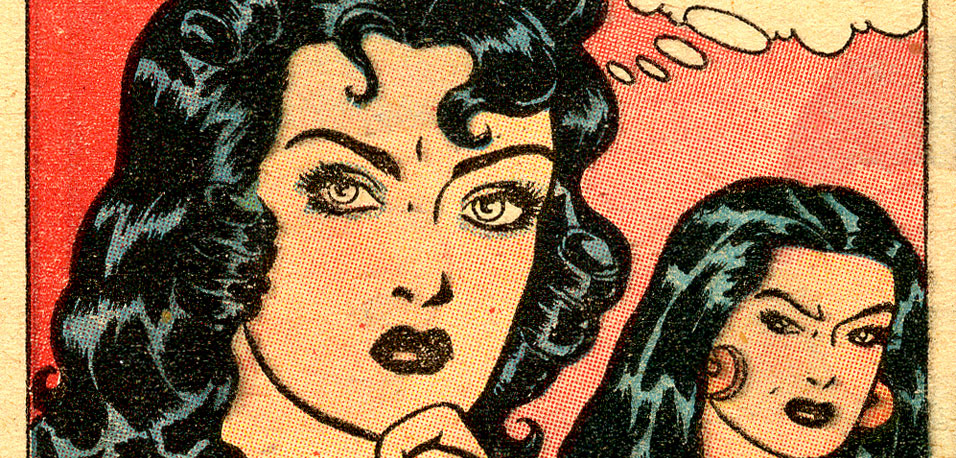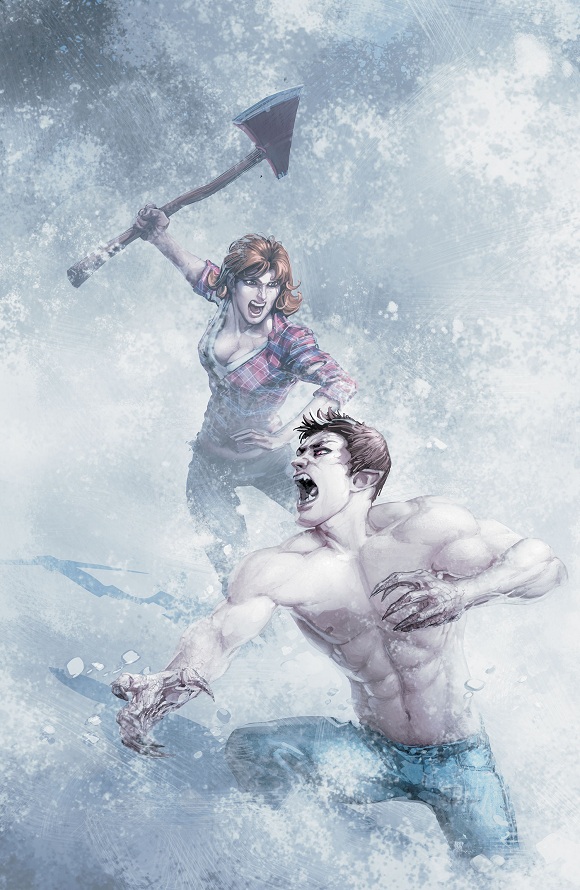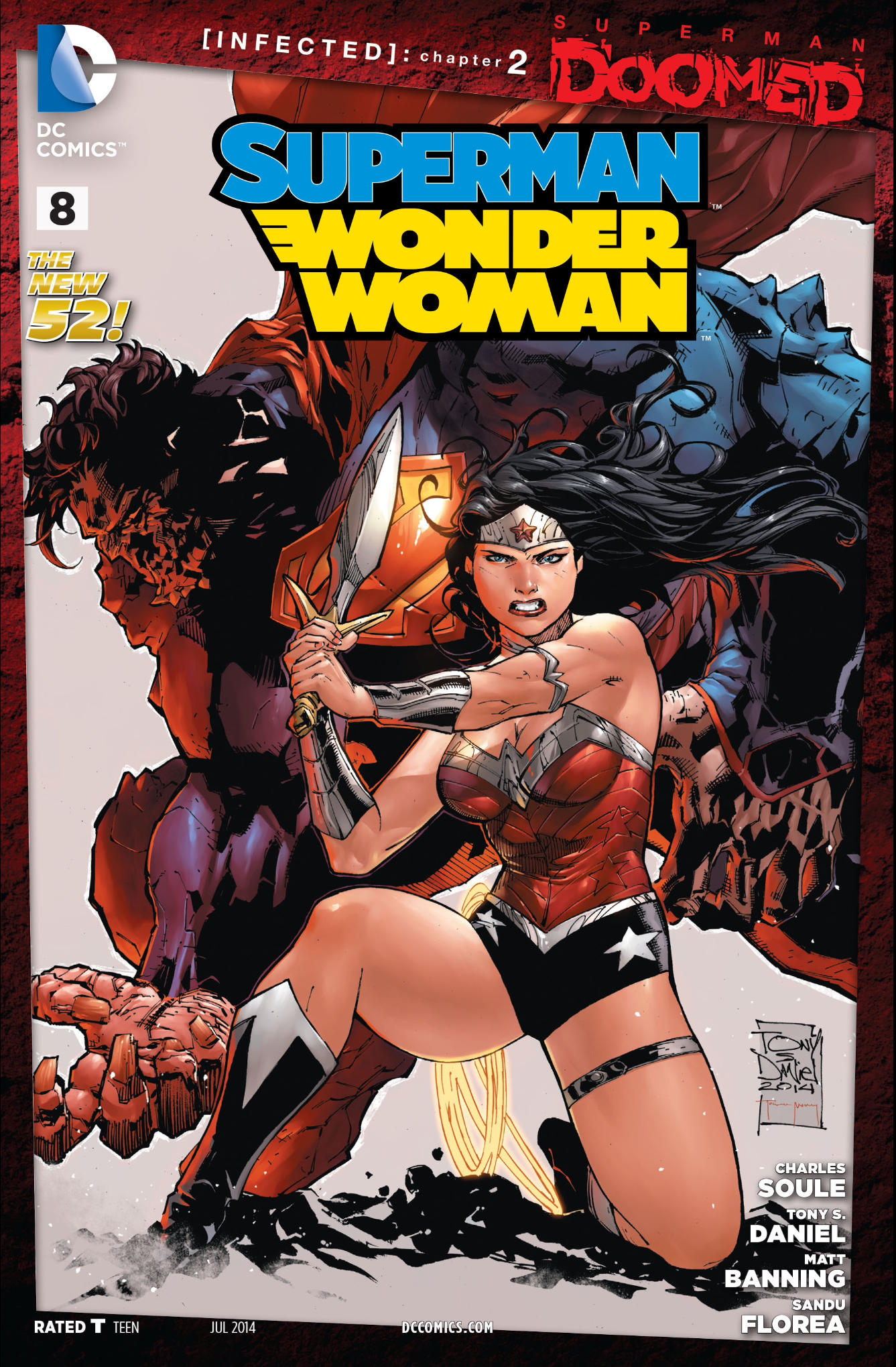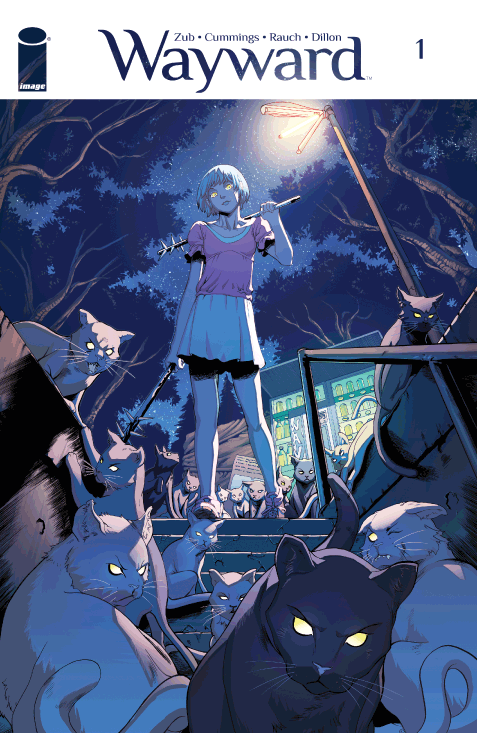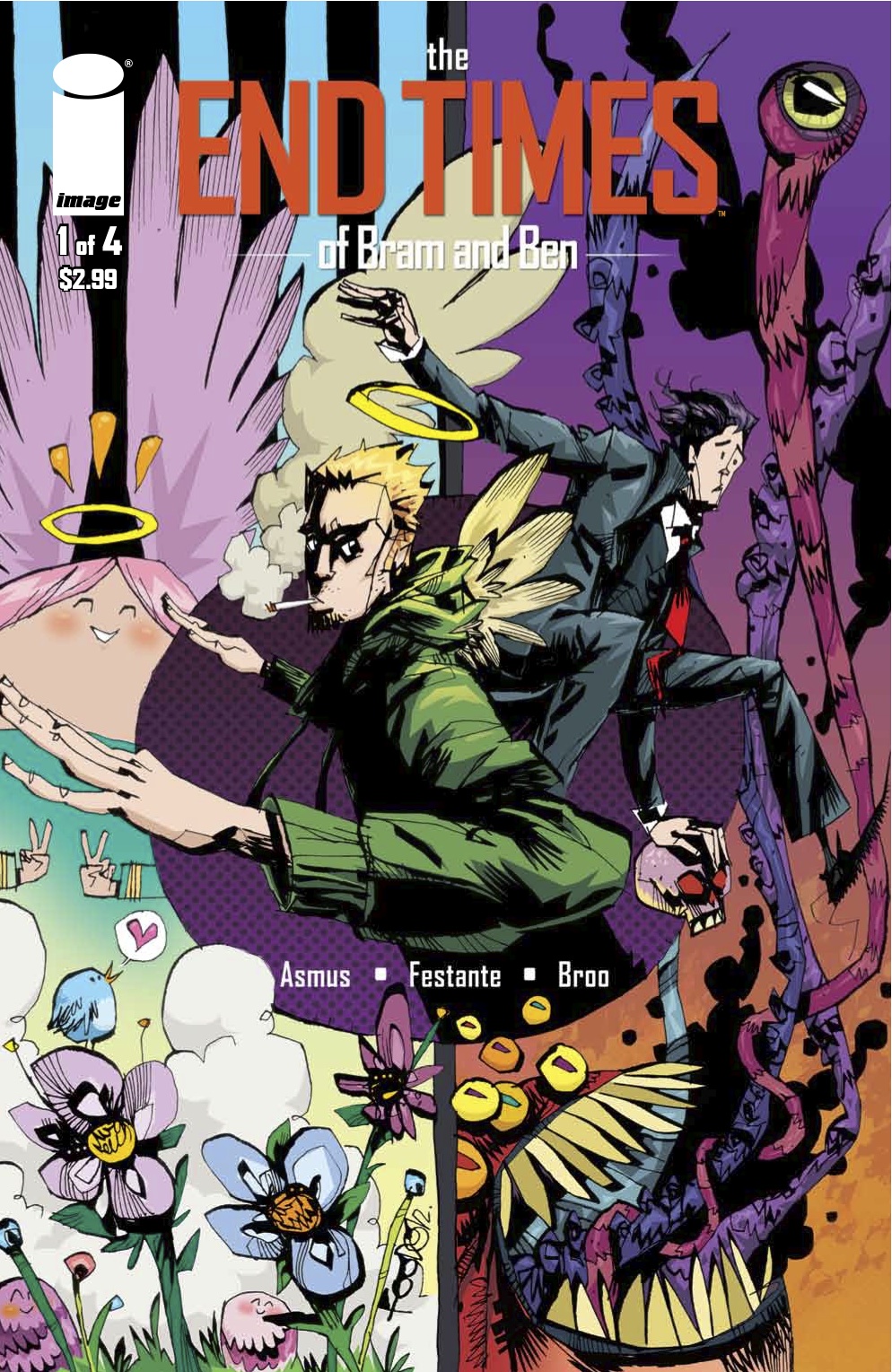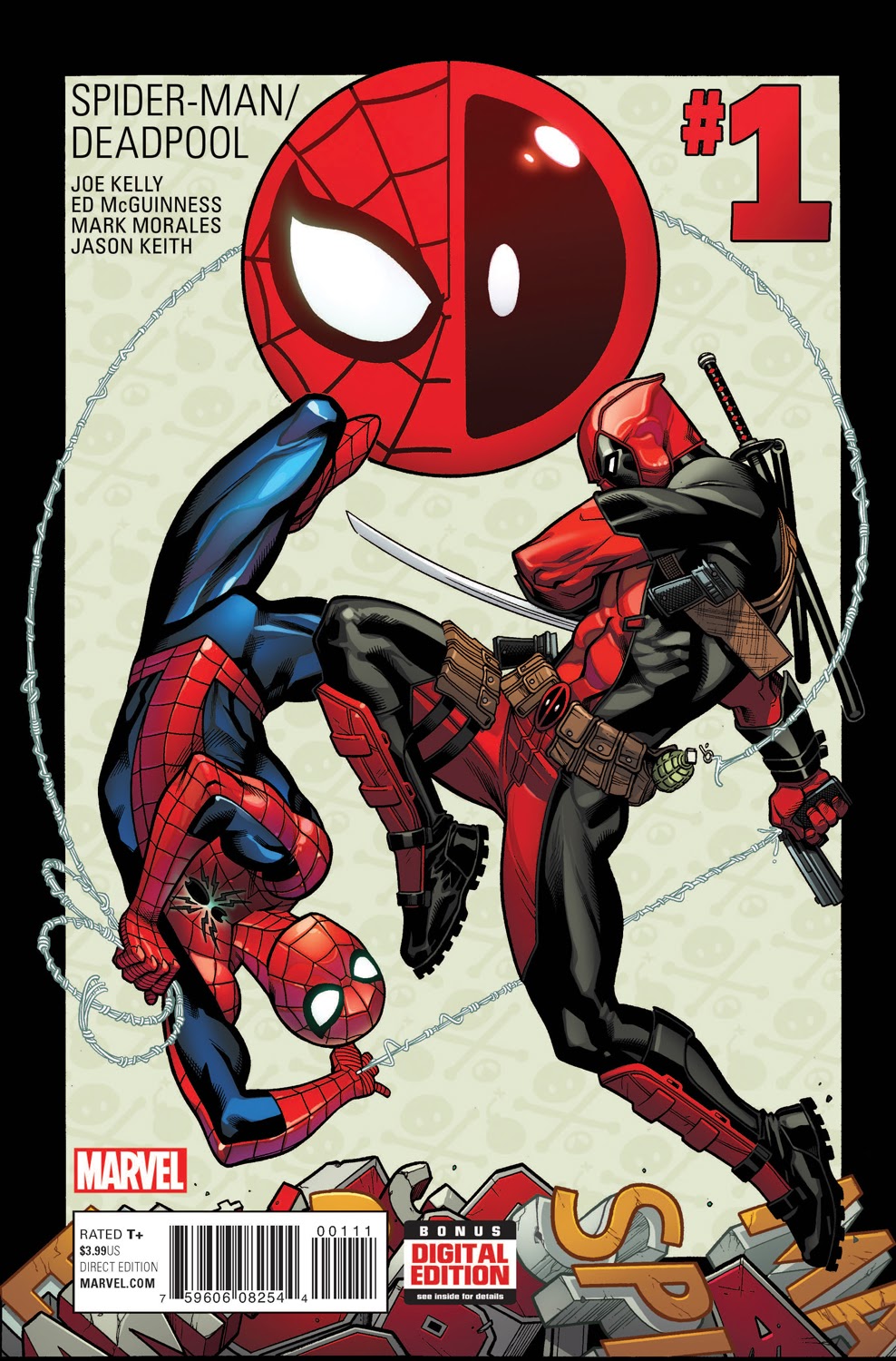by Courtney Key
Perhaps the most amazing thing about the 2009 NBC series Kings is not that it was cancelled after only 13 episodes, but that it ever made it to network television at all. Kings, a re-imagining of the Biblical story of David taking place in an alternate universe America, starred Ian McShane as Silas, king of Gilboa. McShane at the time was coming off of his critically-acclaimed performance as saloon-owner Al Swearengen in HBO’s Deadwood, and his character of Silas in Kings is equally as ruthless, if less given to profanity.

As the show opens, we are introduced to Silas as the beloved leader of a kingdom he united through battle some decades before, as a result of what he believes to be divine favor. The Lord apparently showed this divine favor via a crown of butterflies roosting (do butterflies roost? Let’s have a long and involved discussion about correct butterfly terminology in the comments!) on Silas’s head. He inferred from this that God was giving him a message to found a kingdom, because calling or sending an email is too mundane for God. Personally, I’ve been in one of those butterfly exhibits where you walk through hundreds of butterflies, and the only thing I was inspired to do when they landed on my head was to shriek and run away. Butterflies are kind of terrifying in large numbers. But I digress.
Gilboa’s neighbor Gath, perhaps sharing my distrust of butterflies, is at war with the kingdom, and it is in this war that the hero of the show, David Shepherd (this show’s references are not always…subtle), makes his mark. If there is a weak link in Kings for me, it’s Christopher Egan as David, which is somewhat unfortunate given that he is the protagonist. It’s not that Egan is bad, it’s just that other characters in the show are much more interesting, because they do more. David’s character spends much of the early episodes of Kings as a rather naïve pawn of Silas, and it’s only near the end of the run that he gets hit with a clue-by-four and starts to take control of his destiny.
In a battle with Gath during the first episode, David disobeys orders to slip through the enemy lines and rescue a captive soldier, who turns out to be the king’s son, Jack. In the process, he also destroys a previously invincible Goliath-class tank used by the Gath army, and becomes a national hero. The young soldier from a poor family in the countryside is summoned to the capital by Silas to receive his thanks for saving Prince Jack’s life.
If you’re on Tumblr, you’re probably already at least somewhat familiar with Kings through gifsets, and that’s because the show also starred Sebastian Stan as Jack (the equivalent of Jonathan in the Bible story, for those of you keeping track). Stan, of course, is now very familiar to Marvel movie fans as Bucky Barnes/the Winter Soldier, and to anyone who knows me as one of my many future husbands. In Kings, he plays a sympathetic antagonist, and I think even if I wasn’t biased as a fan of his I would find his character one of the most interesting on the show. We are introduced to him after David saves his life as a spendthrift playboy, only to find the image is an act to hide the deep emotional pain he suffers from being the closeted gay son of a father who despises him. As David rises in Silas’s good graces and is promoted to ever greater positions of trust, Jack falls further and further, and becomes susceptible to his uncle’s plots to take over the throne. He also cries a lot, for those of you who are into that sort of thing. You know who you are. Don’t be ashamed. This is a place of trust.

Silas’s esteem of David, however, is not all that it seems. After some more butterflies form a crown on David’s head, because God apparently got a two-for-one deal on butterfly messages, Silas fears that the young soldier may be trying to take his place. Following the old “keep your friends close but your enemies closer” adage, he gives David increasingly privileged positions, while also often putting David in situations where he might be killed, either purposefully or accidentally. Silas is basically the definition of a frenemy.
A royal family drama, of course, wouldn’t be complete without a conniving queen, and Rose is one in the best tradition of a Lady Macbeth. Played by Susanna Thompson (currently Moira Queen on Arrow), she isn’t afraid to sell out her own children to preserve her husband’s power. There’s also a love interest in the rather ho-hum form of Silas’s crusading daughter Princess Michelle, and more interestingly later in the series an out-of-left-field appearance by Macauley Culkin as Silas’s disgraced nephew, returned from exile to enact some intrigues of his own.
The failure of Kings can be contrasted against the success of Game of Thrones, another fantasy property taking inspiration from a “real world” story (the War of the Roses – York vs. Lancaster, not Turner vs. Douglas) concerned with power and the machinations of those seeking to acquire it. A key difference between Kings and Game of Thrones, however, is the setting. Perhaps it is easier for audiences to suspend their disbelief for a fantasy world with dragons, direwolves and swordplay than for a show set in a world that looks very like our own, complete with T.V., tanks and paparazzi.
The various intrigues, particularly the ongoing war with Gath and the making and breaking of peace treaties, are a bit confusing to follow even when marathoning the show, and were probably doubly confusing in 2009, as NBC changed the days the show aired and yanked it off the schedule for months. The dialogue could also throw the audience off balance, as characters shift between Shakespearean and modern speech in the same scene with no clear demarcation between the two. McShane, like he did in Deadwood, delivers the stylized speeches with power and personality, but it’s not typical network fare. One wonders what the fate of Kings might have been if it had been developed a few years later for cable instead.
In spite of its flaws, however, the show does pull you in, partly on the strength of the performances, partly because this weird, dizzying world is, ultimately, compelling. The final episode of Kings, which was clearly not originally scripted to be its last, makes you want to know what happens next. The fate of Jack is a particular gut-punch, and I hated leaving the character that way without having a resolution.
Watching it again from the perspective of a comics fan, it seems to be the type of property that would be perfect for a graphic novel, where budget and mass audience buy-in are less important. Perhaps one day the creators of Kings will revisit it in another format. For now, the entire show is available to stream for free on the NBC website, and for purchase on Amazon. If you like alternate history stories, want a royal familial power play drama to fill the Game of Thrones hiatus, or just want to watch Sebastian Stan cry a lot on camera, Kings is worth checking out.
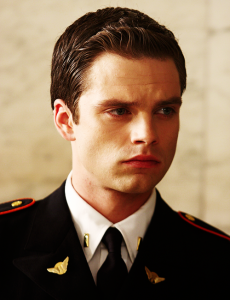
Next up in my occasional series highlighting short-lived and underappreciated genre television: We take a turn for the supernatural as I revisit the U.K. horror drama The Fades.

